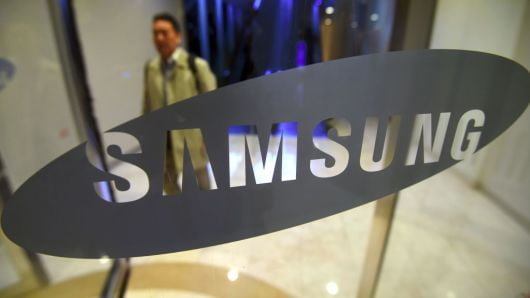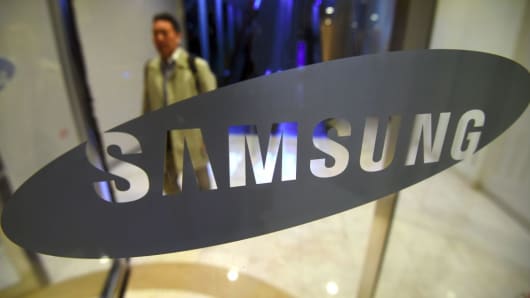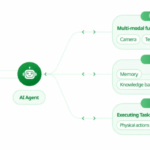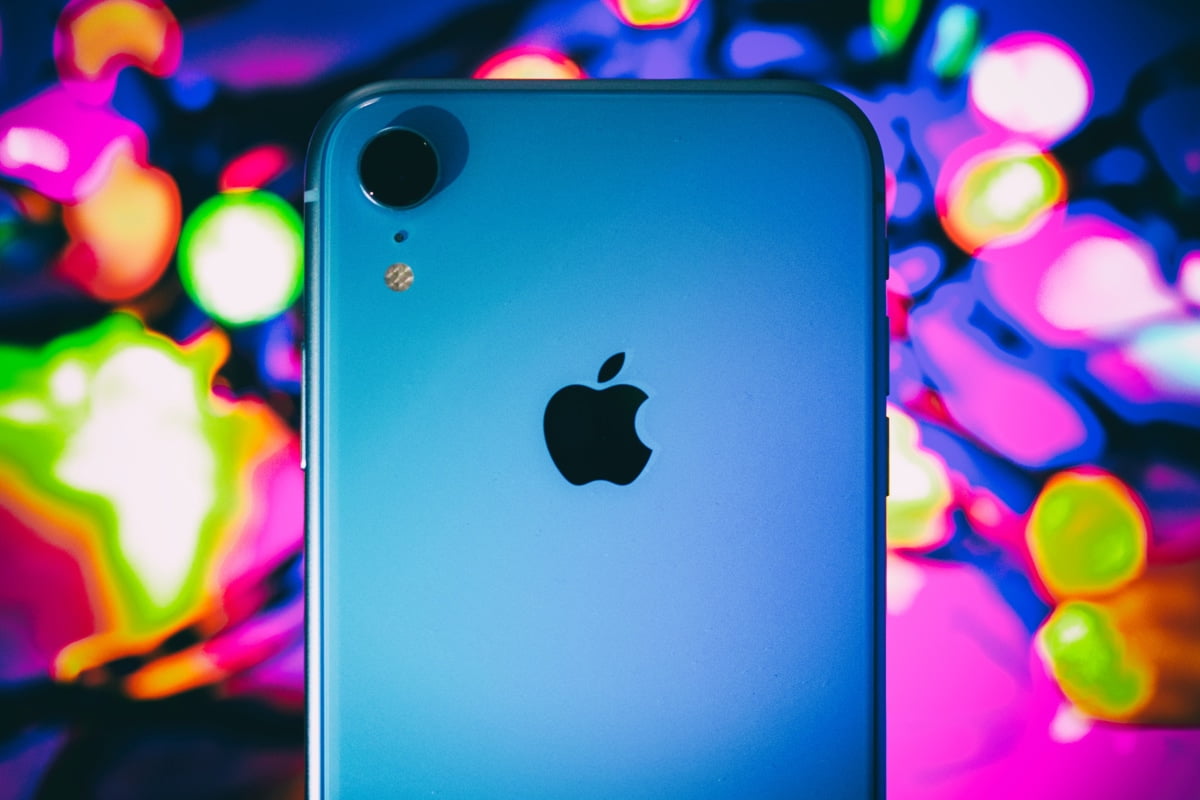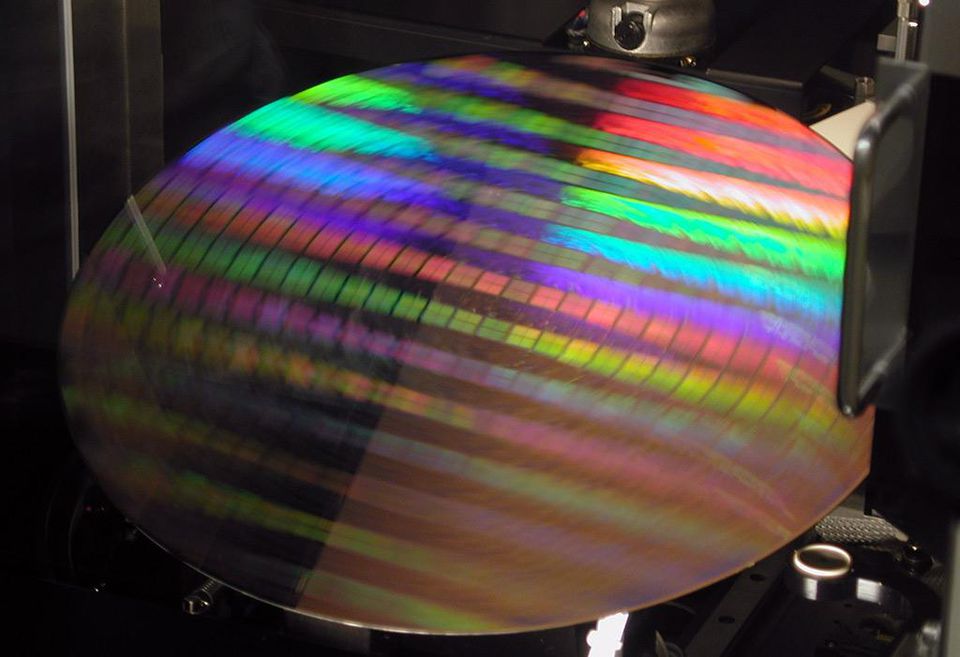Contents
Samsung Q4 guidance shocks: Profit 18% less than the market expected
- Samsung Electronics said on Tuesday that its fourth-quarter earnings likely decreased sharply due to lackluster demand in its memory chip business as well growing competition in the smartphone segment.
- The South Korean tech giant predicted operating profit for the three months ended December was approximately 10.8 trillion Korean won ($9.67 billion).
- That was 28.71 percent down from a year ago and 18.18 percent less than the 13.2 trillion won analysts had predicted.
Published 6:50 PM ET Mon, 7 Jan 2019 Updated 8:40 AM ET Tue, 8 Jan 2019 CNBC.com
Samsung Electronics said on Tuesday that its fourth-quarter earnings likely decreased sharply due to lackluster demand in its memory chip business as well growing competition in the smartphone segment.
The South Korean tech giant predicted operating profit for the three months ended December was approximately 10.8 trillion Korean won ($9.67 billion) — or 28.71 percent down from a year ago.
The figure missed market expectations, coming in 18.18 percent less than the 13.2 trillion won that analysts had predicted after factoring in the weakness in the semiconductor market. The expected average was already significantly lower than Samsung’s third-quarter operating profit of 17.57 trillion won and below the 14.87 trillion netted in the June quarter.
Consolidated sales for the fourth-quarter is predicted to be around 59 trillion won, lower than the 62.8 trillion won analysts predicted in a Reuters poll, and 10.57 percent down from a year ago.
‘Memory demand has really fallen off a cliff’
The chipmaker said weaker-than-expected demand for memory chips from data center customers led to a decline in shipments and a notable drop in memory chip prices.
“What’s happening is that memory demand has really fallen off a cliff in (the fourth quarter),” Mark Newman, managing director at Sanford C. Bernstein, told CNBC’s “Street Signs” on Tuesday. He said that much of the weakness in the predicted numbers is due to “data center demand being pushed down, and also smartphone’s (demand is) pretty weak.”
“What’s happened is data center companies such as Amazon, Microsoft, Google … these companies suddenly have enough memory, and they stopped ordering.”
Newman explained that data center companies that buy memory chips from Samsung and other chipmakers, have slowed down their orders in the last few months — the slowdown was a major driver of the magnitude of Samsung’s profit miss, he said.
“That’s following about 24 months of very, very aggressive growth,” he said. “So, suddenly, what’s happened is data center companies such as Amazon, Microsoft, Google … these companies suddenly have enough memory, and they stopped ordering. And that has really been one of the major stumbling blocks for these memory companies.”
Still, he said, there’s also a lot of broad-based weakness in overall demand for technology — and much of it is in China.
Samsung said marketing expenses and flat sales volumes led to a decline in profitability in a “stagnant and fiercely competitive market” in the smartphone business. Over the third quarter of 2018, Samsung saw more than 13 percent year-over-year decline in global smartphone shipments, according to International Data Corporation.
“When you’re looking at a company like Samsung Electronics, they have a very expensive operation.”
Samsung shares were volatile on that news, trading between positive and negative territory in the morning.
Analysts have said that smartphones from various companies have become so similar in their features and functionality, that customers no longer see tangible differences — the devices are not as innovative as they used to be. The prediction is that a new generation of high-speed mobile internet could shake things up for the industry.
For its part, Samsung said it will focus on technological innovations that include foldable smartphones and devices that can support a new generation of high-speed internet connections.
Samsung’s ‘significant’ overhead cost
Samsung will disclose detailed earnings later in the month but added that difficult business conditions for the memory business would likely keep its earnings subdued for the first quarter of 2019. It expects the memory business to improve in the second half of the calendar.
The weakness predicted in fourth-quarter earnings was not wholly unexpected, according to Mehdi Hosseini, senior tech hardware analyst at Susquehanna Financial Group.
“When you’re looking at a company like Samsung Electronics, they have a very expensive operation,” he told CNBC’s “Squawk Box” referring to the notable miss in predicted profits announced by the company.
“They have semiconductor manufacturing that has a significant overhead cost. So, when revenue and shipment decline below certain targets, you have a significant margin pressure,” Hosseini said, adding it explains the miss in Samsung’s operating profit number.
The weak guidance from Samsung comes after Apple lowered its revenue and gross margin predictions last week, citing a weakening Chinese economy and lower-than-expected iPhone revenue in Greater China as some of the factors.
Concerns over a slowdown in the Chinese economy have kept investors on edge. It could pose a worry for Samsung since it sells memory chips used in smartphones and data centers to Chinese firms. At the same time, it also has production plants in the world’s second-largest economy for some of the memory chips — those are likely to be hurt by the ongoing trade tensions between Beijing and Washington.
In December, a report from the Korea International Trade Association said the trade war may pose higher risks to both Samsung and its chipmaking rival SK Hynix.
At the same time, a slowdown in Chinese consumer demand could potentially affect Samsung’s consumer electronics business, including smartphones. One analyst said that China accounts for between 20 to 30 percent of global consumer tech demand.
Hosseini said that he does not expect Samsung’s fundamentals to improve in the March quarter — the weakness may even extended into the quarter ending June 2019.
“You can argue that there could be a rebound in the second half but the slope of the recovery, or how bad fundamentals are going to look like in March or June quarter, is not really clear,” he said.
For his part, Newman said that while things are likely to improve in the later half of the year, it’s still “too early” to get confidence that there’s going to be a rebound in Samsung’s memory business.
“What we can see, and what the company is also saying, is that demand is going to improve in the second half. And in addition to that memory supply is being pushed out,” he said, adding that the oversupply in the market is expected to ease and could help improve the business condition.
“Whether there’ll be a steep rebound, I think it’s really too early to tell at this point but it should improve somewhat,” Newman said.
[“source-cnbc”]

